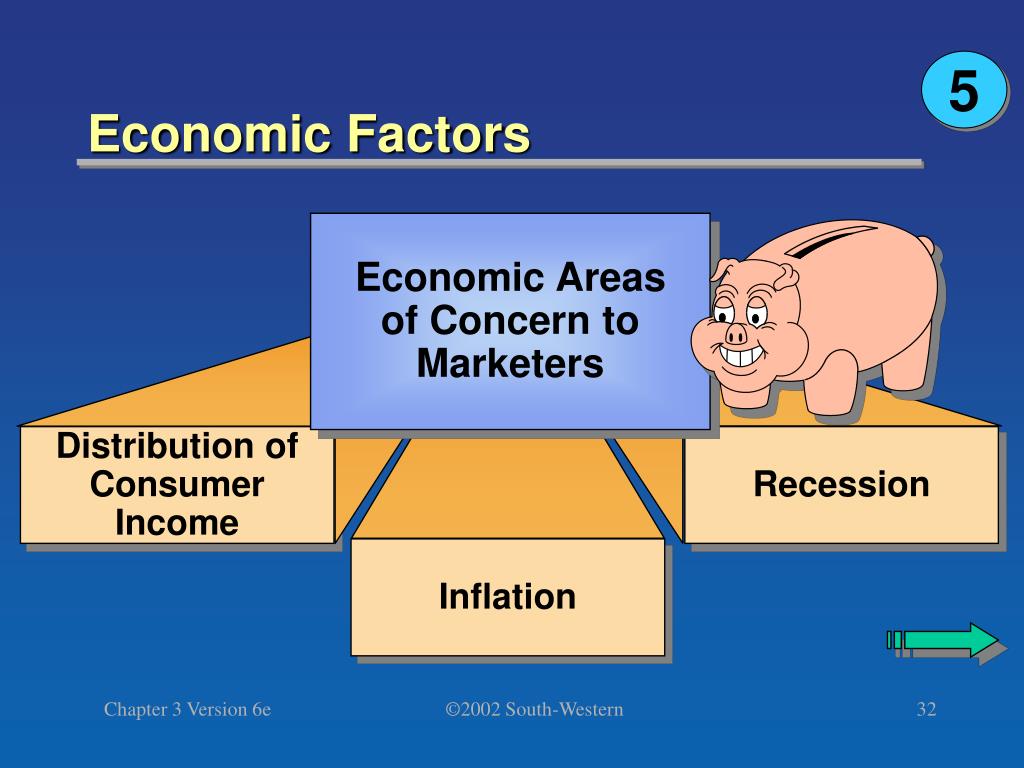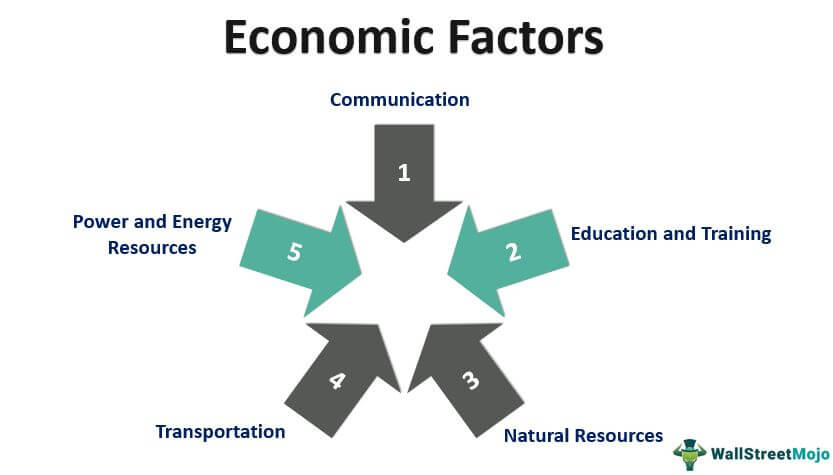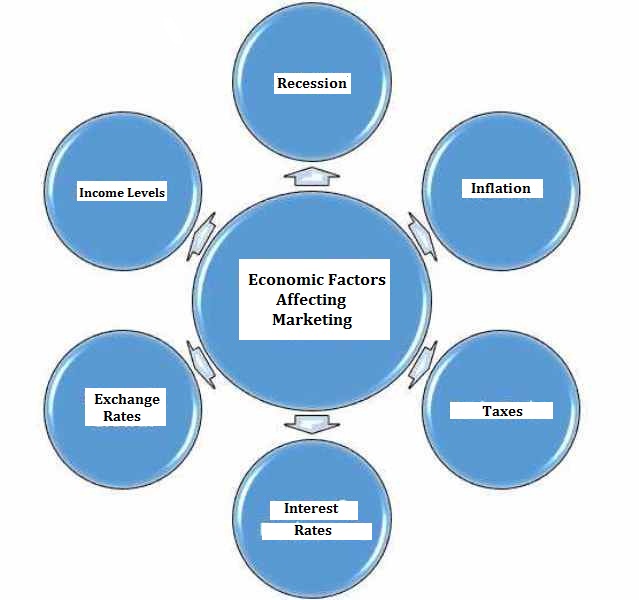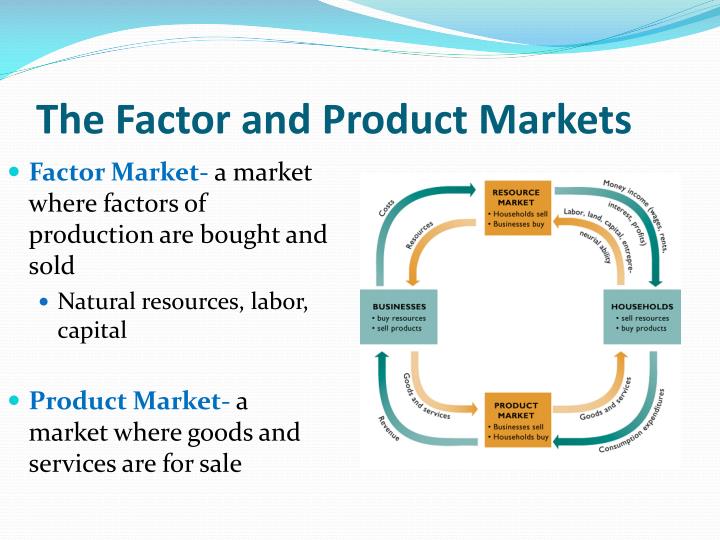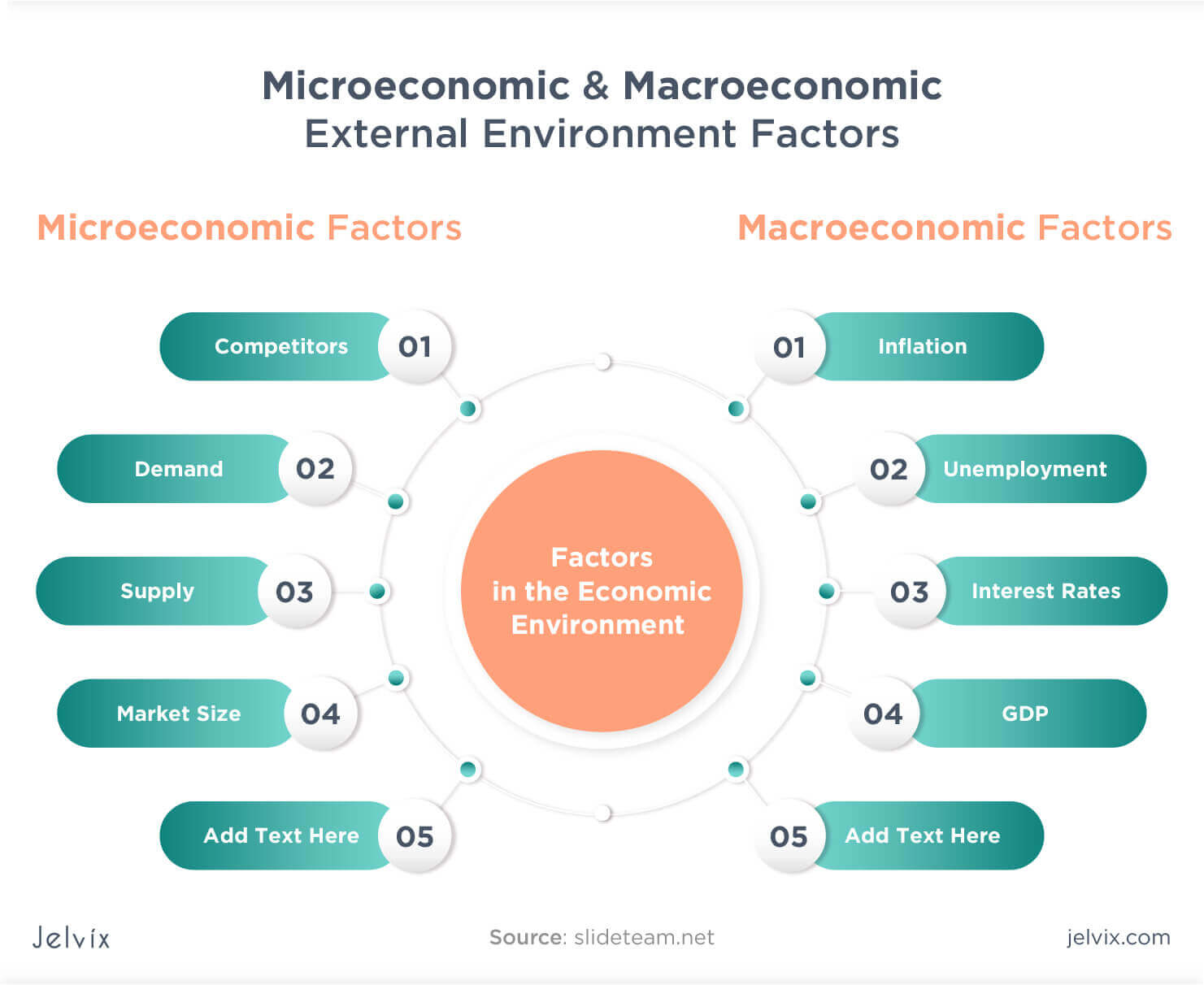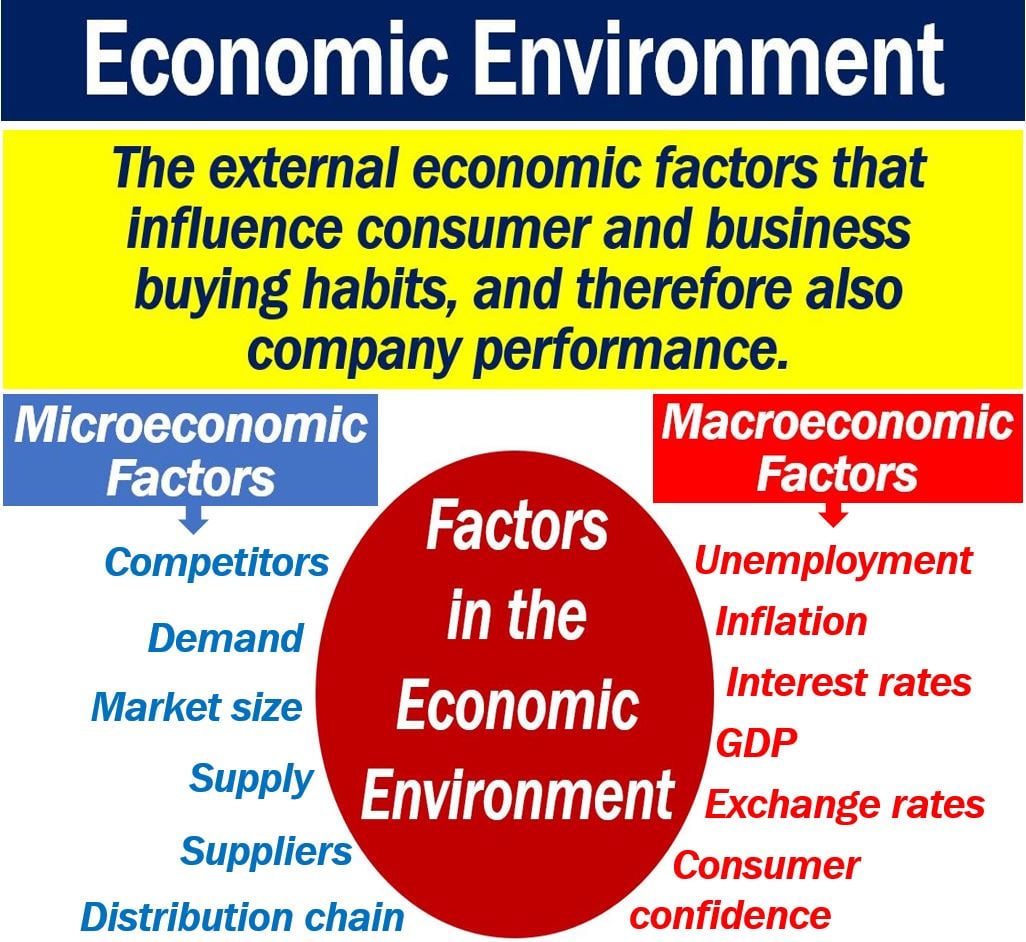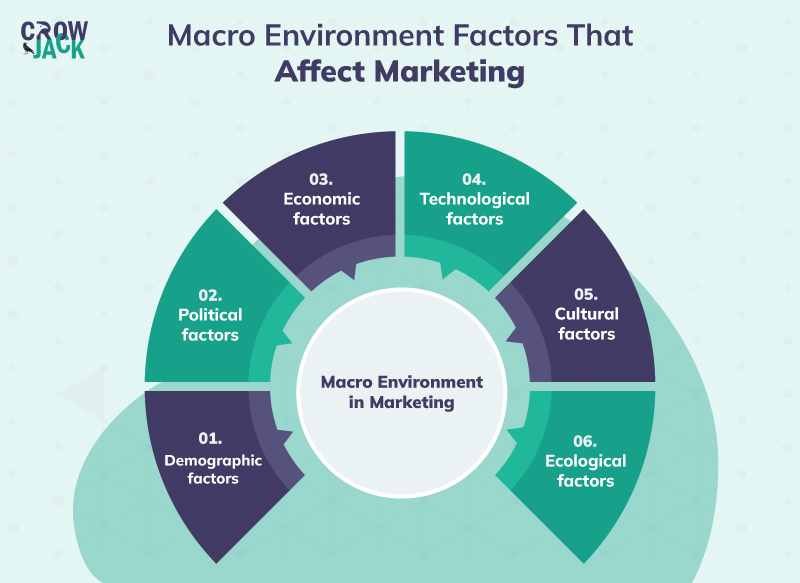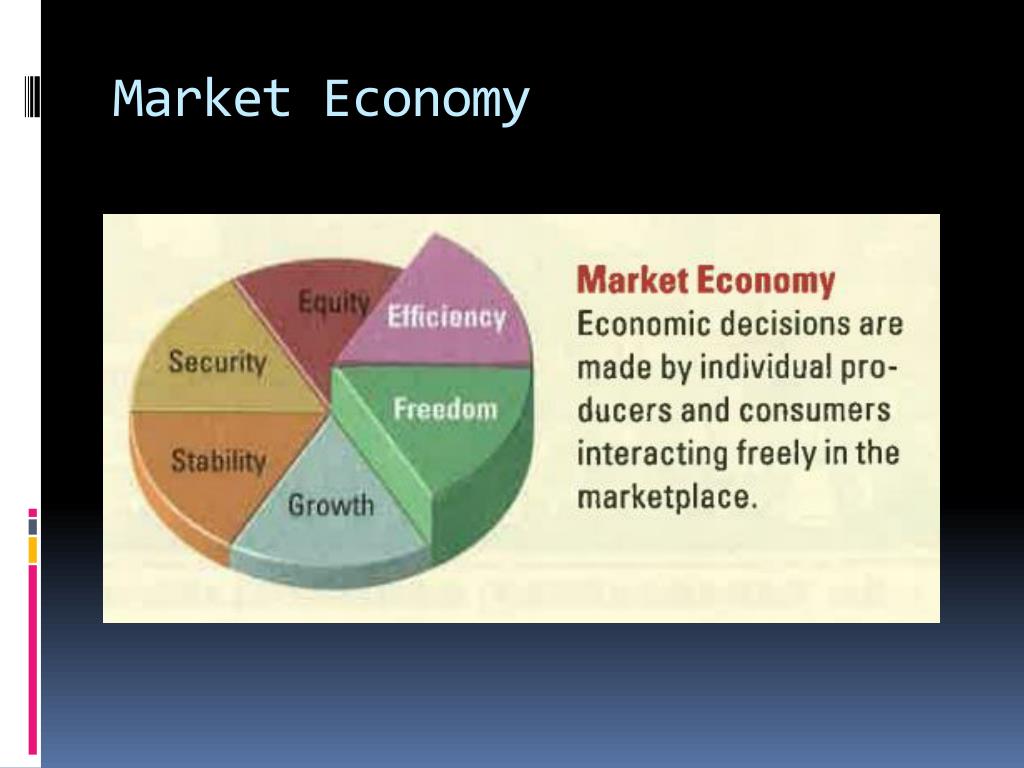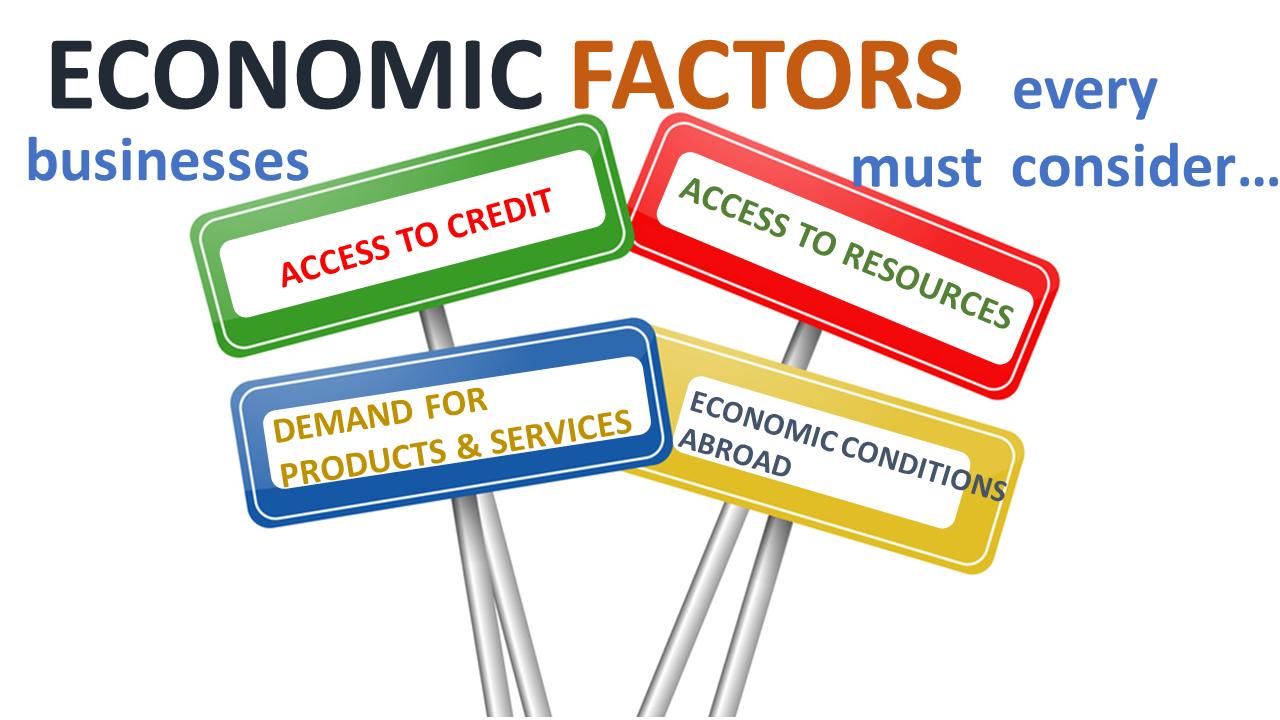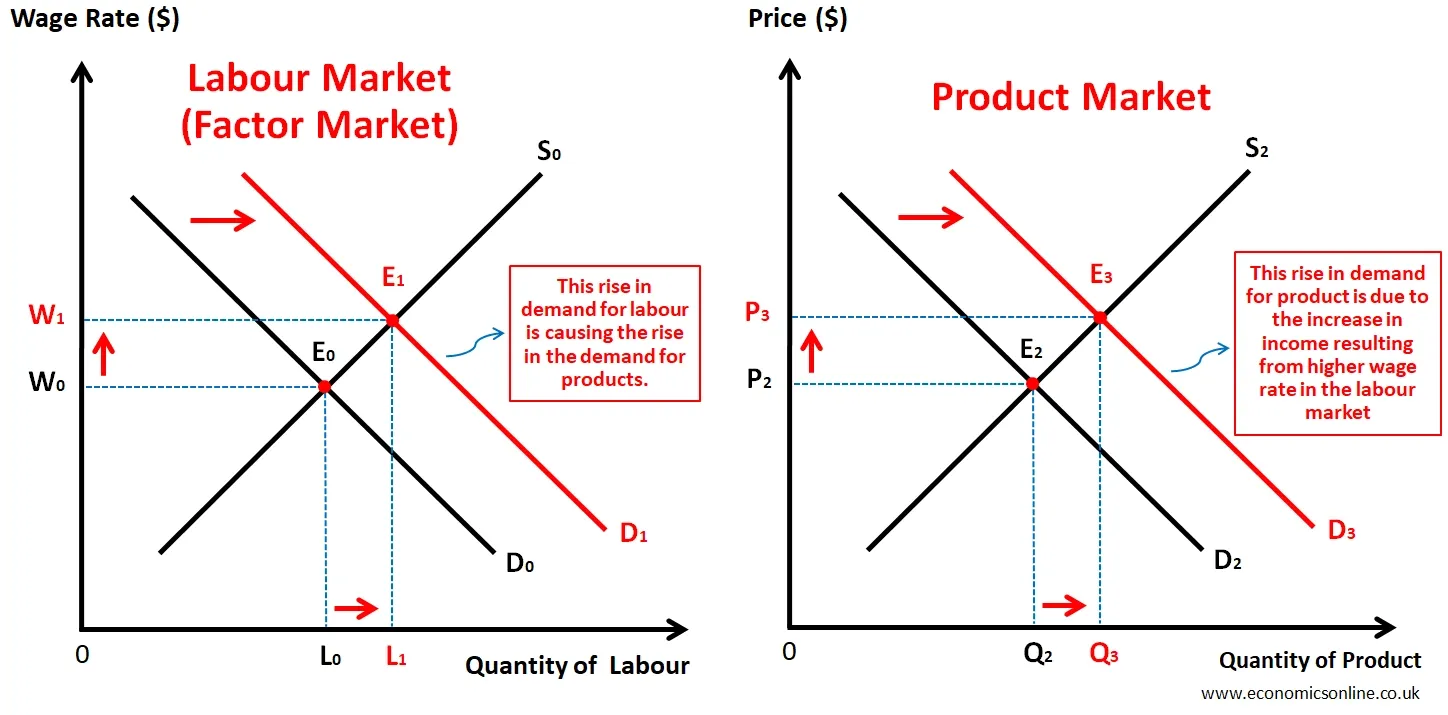Example Of Economic Factors In Marketing
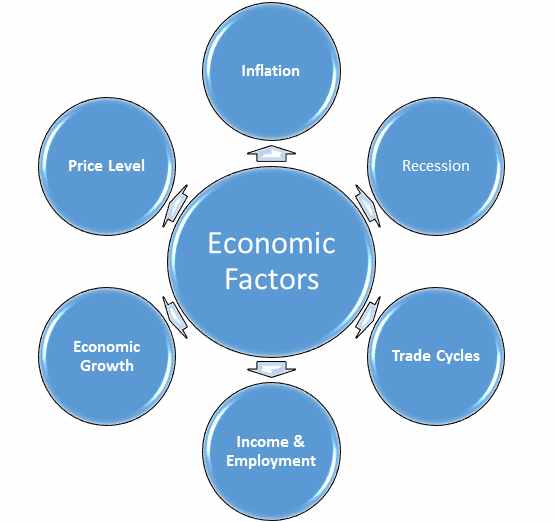
Inflation is forcing major shifts in marketing strategies as consumer spending habits drastically change. Companies are now scrambling to adapt to a marketplace defined by economic uncertainty.
The Squeeze on Consumers
The current economic climate, marked by persistent inflation and rising interest rates, is directly impacting consumer behavior. This necessitates immediate and significant adjustments to marketing approaches. Consumer purchasing power is diminishing, leading to a greater emphasis on value and affordability.
Shifting Marketing Priorities
Companies are responding by prioritizing value-driven marketing campaigns. Many are focusing on highlighting the affordability and durability of their products. Promotions and discounts are becoming more prevalent.
Walmart, for example, has seen a surge in traffic as consumers seek lower prices. This prompted them to increase their focus on highlighting "rollback" prices in advertising.
The Impact on Luxury Goods
Even luxury brands are not immune to the economic downturn. While the ultra-wealthy may remain insulated, aspirational luxury consumers are pulling back. Marketing strategies in this sector now need to balance exclusivity with perceived value.
LVMH, despite reporting overall growth, has acknowledged a slowdown in certain markets. Their strategy involves emphasizing timeless designs and craftsmanship to justify premium prices.
Digital Marketing Adjustments
Digital marketing is also undergoing a transformation. Companies are focusing on highly targeted advertising to reach consumers most likely to make purchases.
Data analytics is playing a crucial role in identifying these segments. This allows for more efficient allocation of marketing resources.
The Rise of Private Labels
The demand for private label brands is increasing significantly. This trend reflects consumers' willingness to trade down for more affordable options.
Retailers like Kroger are investing heavily in promoting their private label offerings. This allows them to capture a larger share of the market.
Supply Chain Considerations
Economic factors are also influencing supply chain strategies. Companies are seeking to diversify their supply chains to mitigate risks associated with inflation and geopolitical instability.
This often involves nearshoring or reshoring production to reduce transportation costs and improve responsiveness. These adjustments require careful communication with consumers regarding potential price fluctuations or product availability.
Looking Ahead
The current economic climate presents both challenges and opportunities for marketers. Those who can adapt quickly and effectively will be best positioned to succeed.
Ongoing monitoring of economic indicators and consumer behavior is critical. Businesses need to be prepared to adjust their strategies as the situation evolves.
Expect to see continued emphasis on value, affordability, and targeted marketing in the coming months. The ability to understand and respond to economic factors will be a key differentiator for successful companies.
